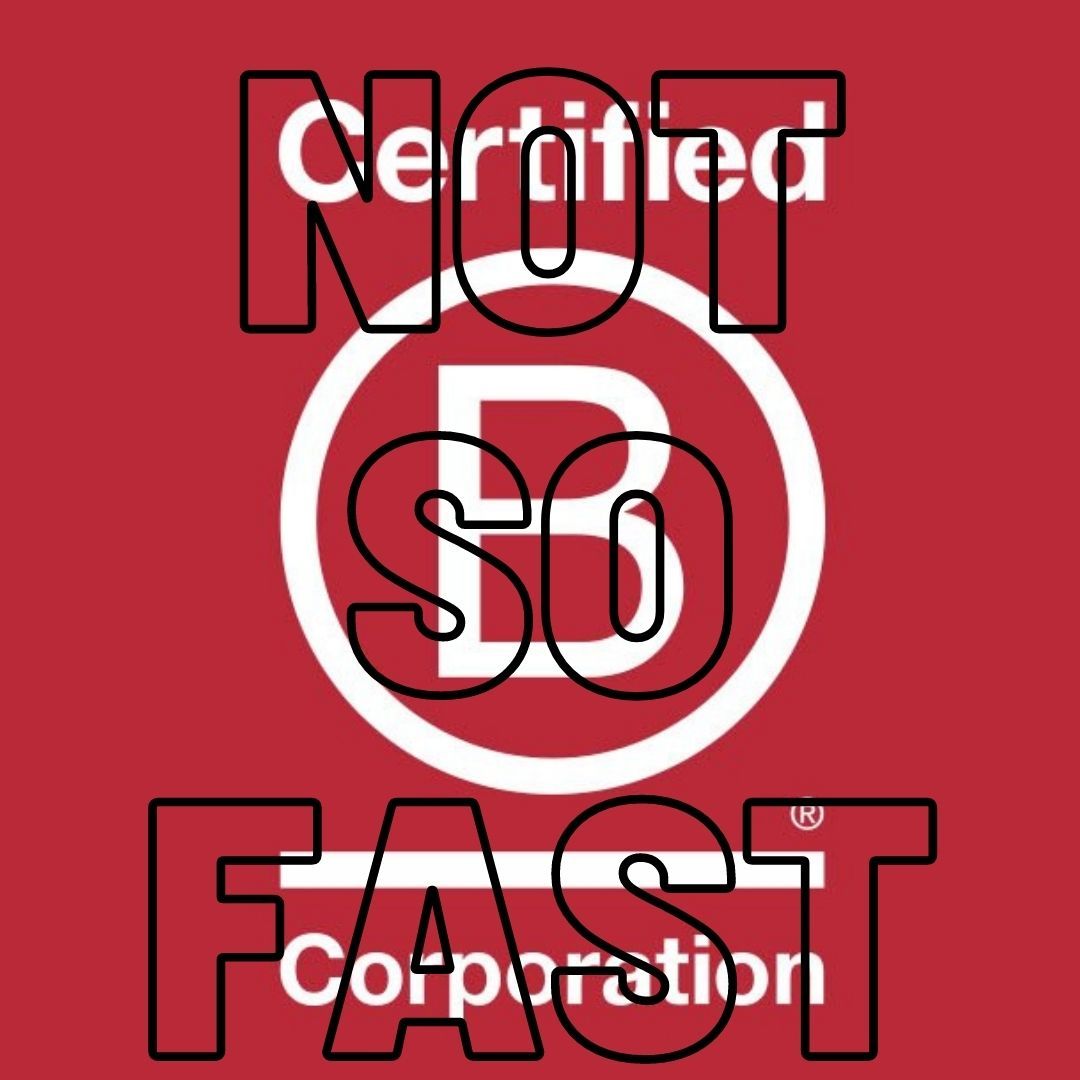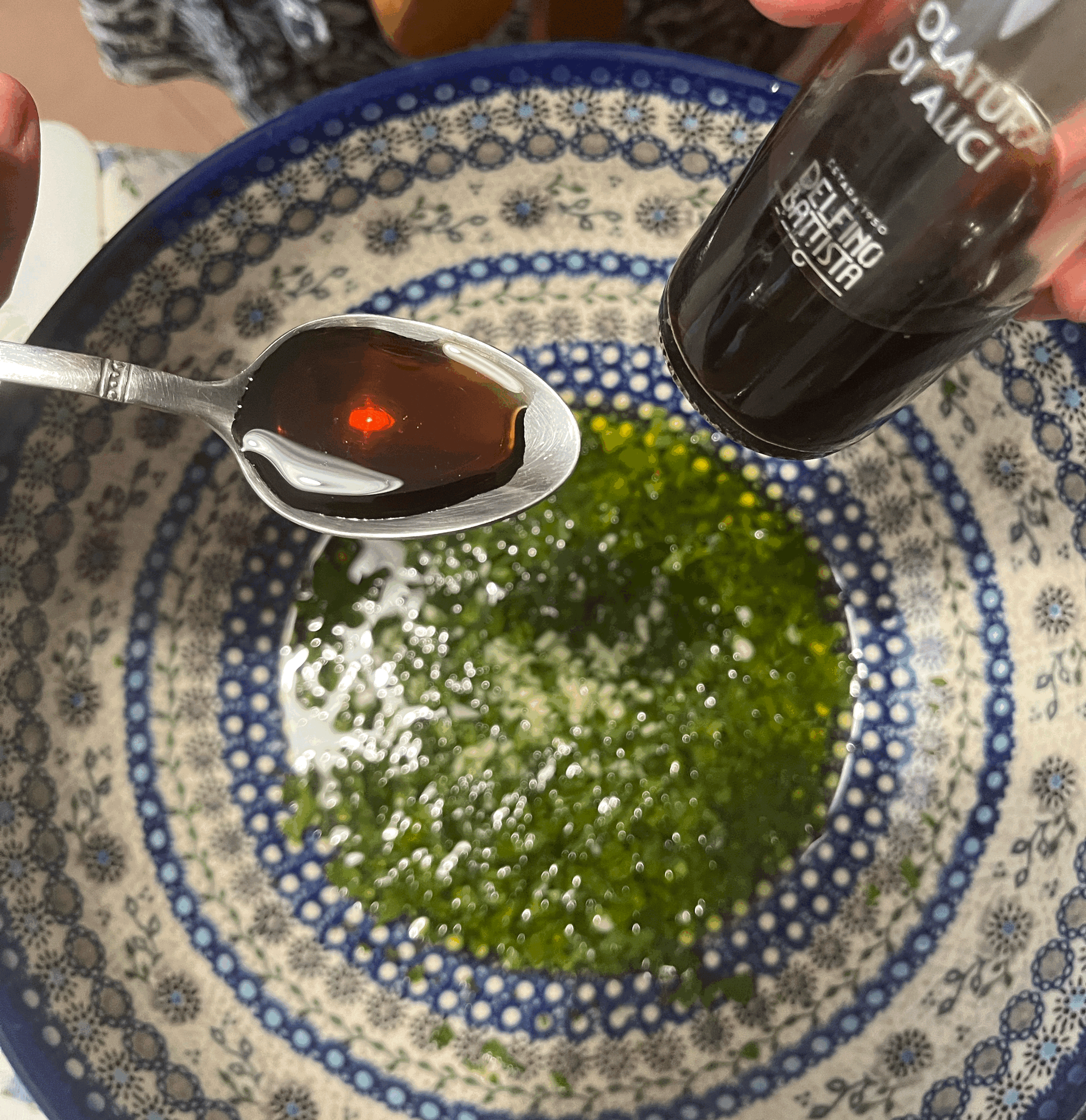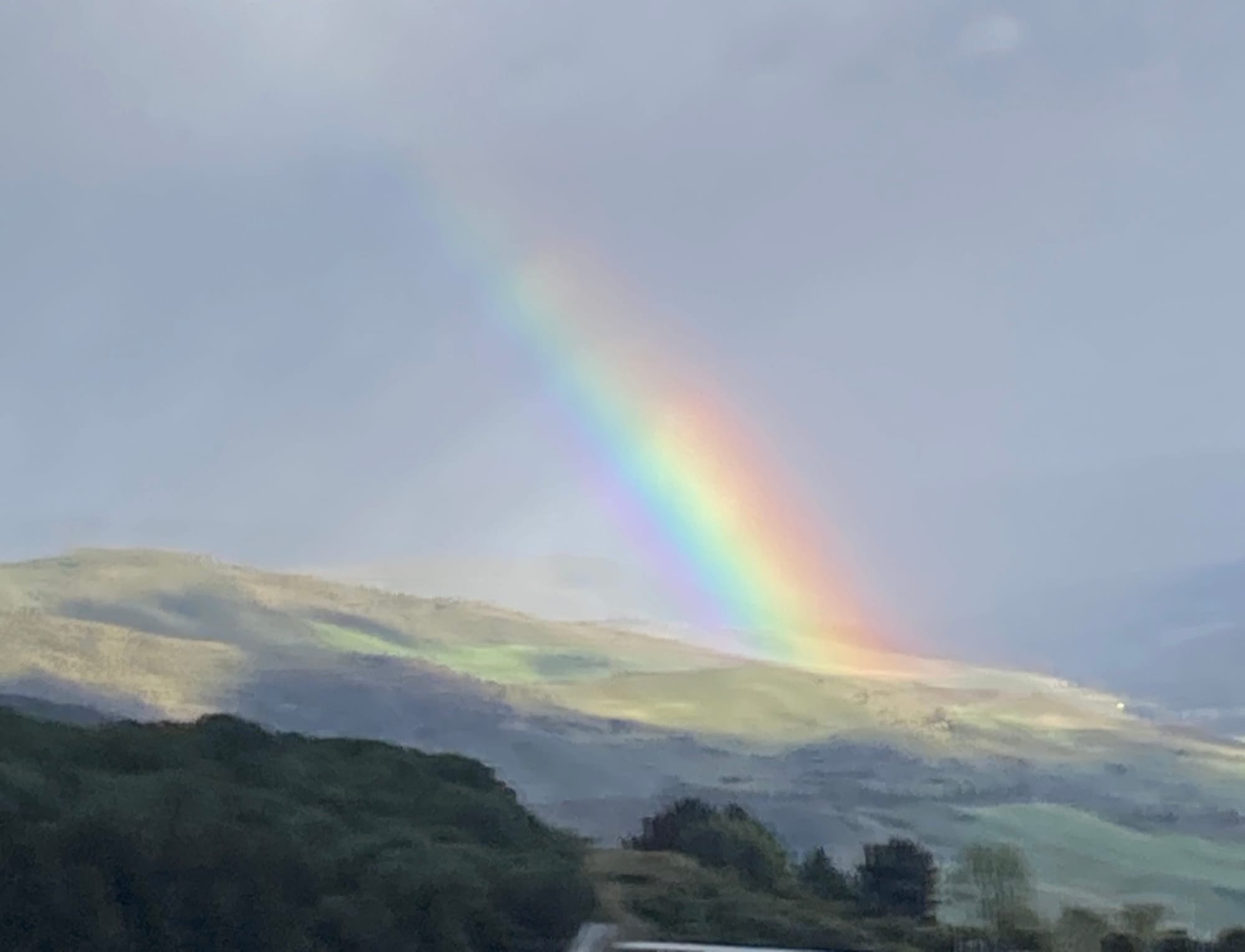
Is Changing the World for the Better in Need of a Reckoning?
The cost of doing good and the myth that everyone pays their fair share and the richest pay the most.
The cost of doing good and the myth that everyone pays their fair share and the richest pay the most.
I don’t want to, but like most festering thoughts — and this is a thought that’s been festering for a while — it’s best to cut right to the chase: Using business to save the world is going to cost us more. By us, I mean you and me, our small businesses. And by more, I mean money, time, effort. More everything.
Already, I know what you’re thinking: Of course it’ll cost more. If saving the world cost less (than not saving it, I suppose) wouldn’t every corporation, every conglomerate, every strip mall or corner store shop be doing it?
The answer to that might be yes, one day, but — and this is why I had doubts about jumping right into it — we’d both be missing the larger issue. It’s not, actually, the cost at all — but rather who’s paying in excess of their fair share of it. We’ve had our suspicions for a while about who’s paying for what, even before ProPublica released its report on secretly, leaked IRS files showing how the wealthiest paid less income tax. Maybe it’s time now we take a hard, honest look at who’s really shouldering the burden and how actual change really works.
Small Business
In 2016, according to the Annual SBA Small Business Profile filed in 2019, there were 30.7 million small businesses in the United States, employing some 60 million people, nearly half, 47.3%, of the country’s private workforce.That same year, my wife and I were on the verge of becoming one of them. Our vision: a sourdough bakery serving bread, pastries, and other baked goods made entirely from scratch using regionally sourced, seasonal ingredients. We called the bakery Alimentaire, which is a French word meaning food, nourishment; of or relating to sustenance.
In addition to using mostly local provisions, we share the goal with many other businesses of doing less harm to the earth. Our hope was that in connecting people to the flavor, goodness, and wholesomeness of real food we’d inspire in them a stronger foundation for living a healthier, happier, and more resilient future for themselves, one another, and the planet. It is how we think about food, and community, and the planet. With our bakery, we could encourage others to think and act (with their spending anyway) the same way.
Five years later, we’ve survived a family relocation, the grand opening, a possible change of location, all of the new business start-up issues, and lastly, a global pandemic. We’ve seen firsthand how the business world is changing as more and more people are turning, like us, to entrepreneurship (turns out work-life balance really matters). Most will remain small and not make a lot of money (the 2020 Census Data indicates businesses without employees represent about 80% of all US businesses but account for less than 5% of all receipts). What we and these businesses are doing, however, is making a good difference.
Take this custom t-shirt printer, for example. TS Designs was founded in 1977 in North Carolina and specializes in sustainable t-shirts and printing and dyeing processes. They have a product called Cotton of the Carolinas, which is just as it sounds: A shirt made of cotton grown only in the Carolinas (officially, within 700 miles of the manufacturing plant). From dirt to shirt they call it. These guys know their shirts, and the impact they’re having on the planet. Touring the facility is like visiting an outpost of the giant outdoor retailer REI (now Facebook) headquarters in Bellevue, WA: Solar panels, outdoor areas, natural lighting, a biofuels pumping station.
TS Designs, and small businesses like theirs, and ours, are, by whatever means available to them, making a positive impact on their community by doing less harm in the world. Without Marketing teams. Without Corporate Social Responsibility departments. Without Human Resources or Content Editors. They’ve recognized the need for a better, more socially and environmentally responsible way of doing business and are making it happen.
Indeed, the problem isn’t finding enough of these small champions. The problem is the price asked of them for the benefit of recognition for their effort.
The B Corps Assessment
Allow me to explain. In June 2019, two years after we opened our bakery in eastern North Carolina, we decided to pursue B Corp certification (if you’re not familiar with the movement here’s their own quick primer). After a year-long, arduous process of self-assessment, interviews and document gathering, we received the news in March 2021 that we had earned enough points to be officially recognized as meeting the same high standards of profit and purpose shared by Patagonia, The Body Shop, Ben & Jerry’s and thousands of other corporations. My wife and I were, to say the least, delighted.
And then, came the bill.
Long story short: B Lab, the nonprofit overseeing the evaluation, provided the invoice, which for companies of our size, $0–150,000 in annual revenue, was $1,000. Suffering somewhat from sticker shock (the cost had doubled since I’d last checked), I dug deeper into the fee structure. Things then began to unravel.
To my reviewer at B Lab, this is what I wrote:
Dear Z —
(We) are delighted to have achieved B Corp status for our bakery and appreciate all of your effort in helping us get there. The recognition and more importantly the work behind it is very important to us!
That said, with the difficult year we have just had and our uncertainty over when things might change significantly, we are both having a difficult time justifying the expense as $1000 is a lot of money for our small business. We worry of a bumpy road still ahead for us and our community, financially-speaking. I am wondering if there are any scholarships possible to help businesses such as ours at the lower end of the revenue stream… Perhaps a lower price break for revenues under 100k.
Z — was quite understanding, writing back with the offer of a payment plan wherein we would pay 50% of the Certification Fee now and the remaining 50% in three months, to which I thought: Three months is about the same amount of money we had on hand when the COVID lockdowns began. There was no way, even a year later, with uncertainty all around, could I justify committing to that.
I responded that we’d talk about it but that our focus at the time was how to best support our community, which was already one of the poorest in the state, even before the pandemic struck. Because I had worked with B Lab before as a coach helping other companies seeking certification, I also extended an offer to be part of a discussion on how to make the certification more feasible for and accessible to smaller organizations.
B Lab responded with the possibility of extending the payment period over an entire year, which on the surface sounded okay. Not great, but okay. The problem was by this point I was entrenched in frustration over what I saw as a true lack of understanding or empathy. So I climbed down out of my head and started to think of the larger picture:
Hi Z —
As a small family-owned business operating in a rural part of our state, we’ve seen firsthand the degenerative effect inequality, poverty, and plundering public policy and business practices have had on communities. We’ve passed the abandoned storefronts and manufacturing plants shuttered by corporate greed and heard stories of so many shattered hopes. We, like other B Corps, believe wholeheartedly in the need for a fundamental shift in mindset and behavior, and fully support the creation of a new kind of economy, one that inspires purpose-driven work, a stronger foundation for living, and a healthier, happier and more resilient future for everyone on the planet.
Unfortunately, we know also the cost such an endeavor requires. But, as Yvon Chouinard once wrote, “How you climb a mountain is more important than reaching the top” and so it is that our philosophy has been to offer nourishment over convenience, flavor over cost, and goodwill over great profits. These three tenets have been our #1 guiding principles and driven our decision making since the get go, because at the end of the day, real food made mostly from scratch of wholesome ingredients should not be a choice for only those consumers who live in a certain location or are of certain economic means, but for all people everywhere. That’s how we think, anyway.
A bit preachy, I know, but whatever. I’d worked myself into a tizzy. The truth was we simply could not afford the cost of certification. With our sales in the area of 80k for last year and trending the same, the fee represented 1.3% of revenue. In comparison, according to their fee tables, the average fee for most certified B Corporations appeared to be around .01%.
It was this disparity that really became the issue.
Do The Math
Being a B Corp should not be a question of finances — and while most small-small businesses are the very embodiment of contradiction, of this or that, I could not find a way to justify the expense. B Lab then shared with me a program called Equity Discount for New B Corps, which is available to business owners who face systemic barriers to economic parity (check), including individuals who are veterans (check) and identify as women (1/2 check). Through this program, Alimentaire Wholesome Breads would receive a 40% discount on the B Corp Certification Fee for the first three years.
On the surface, it sounded interesting, plausible. B Corp doing the right thing by paving a path forward for all individuals to succeed.
Until I did the math.
According to one source, the majority (88%) of those businesses owned by women generate less than $100,000 in annual revenue. B Lab’s 40% discount still put them at a much higher percentage of revenue than larger organizations — by my estimate, nearly seven times more.
I wrote back:
Since the B Corp certification is not reliant upon solely on paying to become a member — you still have to earn the points — I propose a fee for smaller companies which will bring it more in line with those organizations outmatching them in terms of revenue but to which they share the same, precise level of interest, and often effort, to use their work as a force for good.
With that in mind, I’d like to suggest a scalable certification fee for those organization making less than 500k annually. The fee would be based on a factor equal to .024% of total annual revenue, which represents the average cost as a percentage of revenue for a company earning $500k in revenue. For instance, in our case, our revenue last fiscal year was $82,000. .024% is $196.80. Taking the 40% veteran and woman-owned business discount, the total annual fee for the first three years would be $118.
What happened next?
Pretty much nothing. The emails stopped. Two months after my last correspondence with them, I received the following note from B Lab:
I wanted to ask if you had any further thoughts on moving ahead with the B Corp certification? For internal record keeping, my team has asked that I close out your account by the end of next week (June 11th). Please let me know if you intend to certify at this point. Otherwise, Alimentaire’s account will be closed, and you will be able to resubmit for certification in the future.
Is that Really the End of It?
It is, I would say, an odd place to end our hopes of being recognized as a B Corp. But honestly, it’s not the ending I envisioned either. When I started down this path, I felt certain that I and everyone involved would agree that the certification is not the fee, the certification is the process; a conclusion which stands above all else in contrast to society’s pursuit of having it all and yet always craving more, a small celebration from the margins of what capitalism seems to have surrendered: Fairness.
Is that not, after all, the real measurement of what matters?


